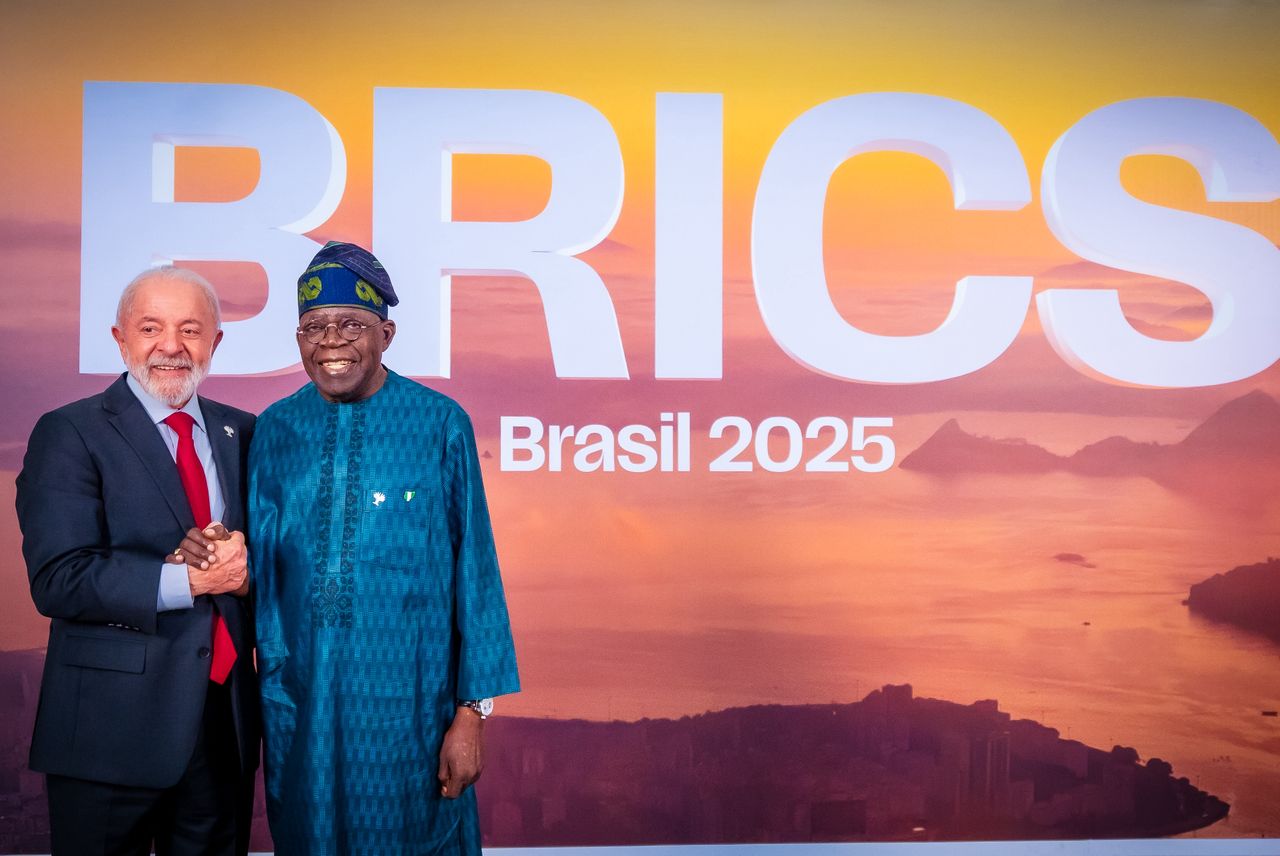How FG Can Help CBN Curb Inflation, Stabilise Naira –Muiz Banire
BY MICHAEL AKINOLA

A Senior Advocate of Nigeria (SAN), Dr. Muiz Banire has urged President Bola Tinubu to reconsider the monthly direct disbursement of all statutory allocations to the three tiers of government and other government entities, blaming it for the high inflation rate and naira flux.
Banire, in a statement titled “Mr. President, the CBN Governor needs help!”, argued that direct allocations to the federal, state, and local governments were being abused by government officials.
In his view, the “continuous disbursement of the accruals from the savings to the levels of government is detrimental to national interests and needs to be stopped; otherwise, we continue to make difficult what would have been much easier for the Central Bank to normalize.”
He proposed that the Federal Government revive special purpose vehicles to channel funds to areas of economic and infrastructural needs that will boost the Central Bank of Nigeria (CBN)’s efforts to rein in inflation and stabilise the naira.
“In fact, if there is any noticeable impact of the disbursements on Nigerians, it is negative, in the sense of engendering inflation in the country. The further multiplier effect of the continuous release of such large accruable revenue into the economy is the mounting pressure on the local currency, the naira.
“Rather than positively impacting the economy, these releases are actually destroying and impairing economic growth. Most state actors into whose possession the large funds come, instead of utilizing the funds appropriately, are misapplying them in a manner detrimental to the health of the economy.
“It is bad enough to misappropriate the funds, but worse still, these funds are often not made to work for the economy but are instead kept idle or exported. Truth be told, most of the funds, upon conversion to foreign currency, are often stored outside the financial system, where they could be working for the country.
“As the government continues releasing huge naira sums, pressure mounts on the few available foreign currencies, for which the corrupt leaders have developed a huge appetite,” Banire said, adding that this was worsening CBN Governor Yemi Cardoso’s efforts to defend the naira.
To help Cardoso, he urged the president to create “a special purpose vehicle for the direct, effective utilisation of the funds”, citing the Sani Abacha regime’s Petroleum Trust Fund (PTF) and SURE-P of the former President Goodluck Jonathan administration.
He added: “An alternative proposal, if the previous suggestion is unappealing to the government, is the direct appropriation of the funds to specific areas of development.
“For example, it is well known in the country that our educational and health facilities face challenges. I would have expected the President and, by extension, the economic council to specifically intervene in any of these areas, especially given that the CBN has complained about the pressure on our reserves from demands for foreign currency to meet these objectives abroad.
“It is said that medical tourism, just as the pursuit of foreign education, has become a draining pipe on our foreign exchange earnings. Why, then, is it impossible for the government, by way of deliberate policy, to specifically intervene in these areas to the extent that we reduce exposure?”
In the alternative, Banire pointed at the Nigeria Sovereign Investment Authority saying it can be used to, among others, “build a savings base for the Nigerian people; enhance the development of Nigerian infrastructure; provide stabilization support in times of economic stress.”
He reasoned that with this kind of vessel on the ground, “the wasteful approach of releasing the funds to levels of government that remain unimpactful would have been diverted into stabilizing the country’s economy for the present and future generations of Nigerians.
“Therefore, I plead with Mr. President to, going forward, start diverting the savings from oil subsidy removal into the fund, not only to protect the present generation but also to save future generations of Nigerians.”
















